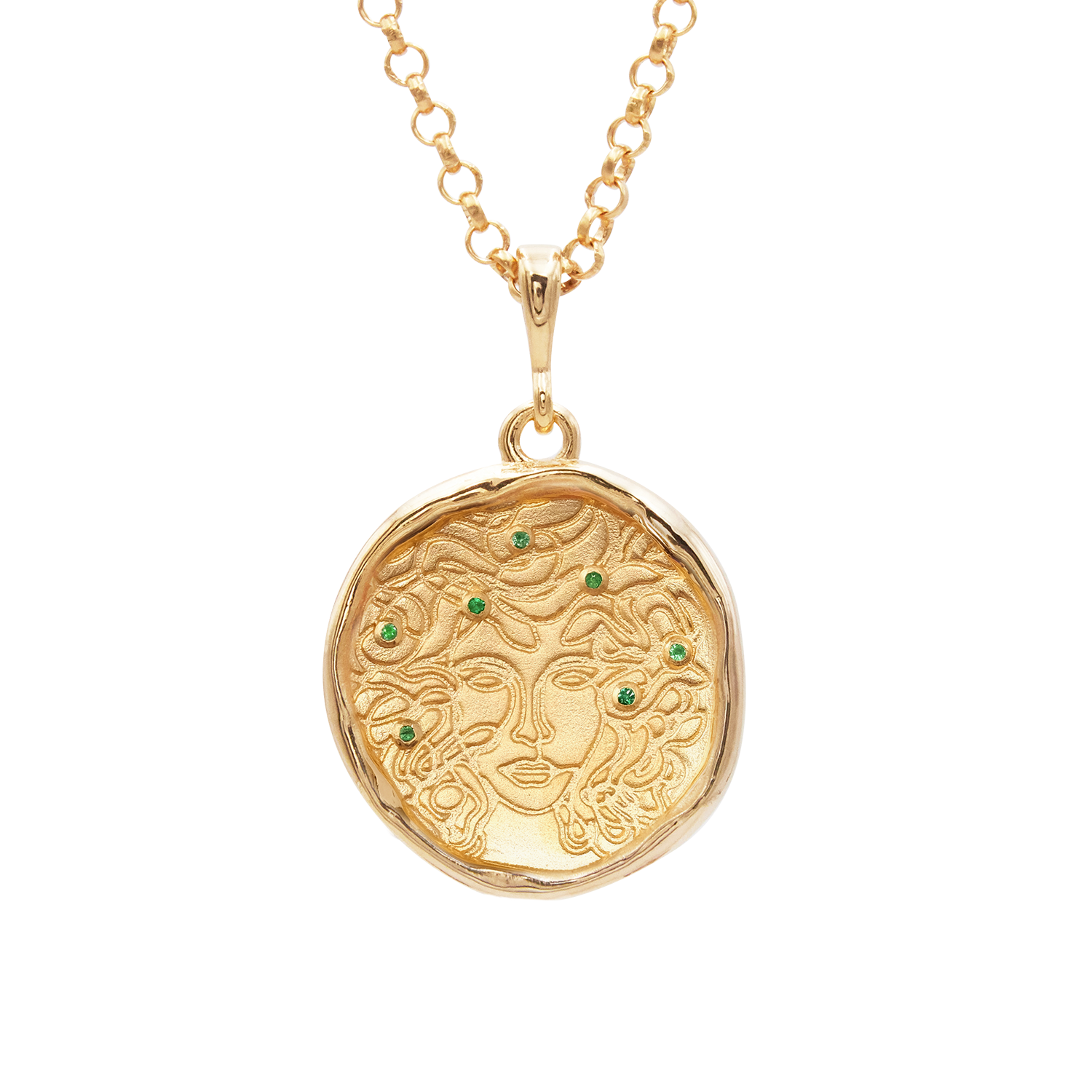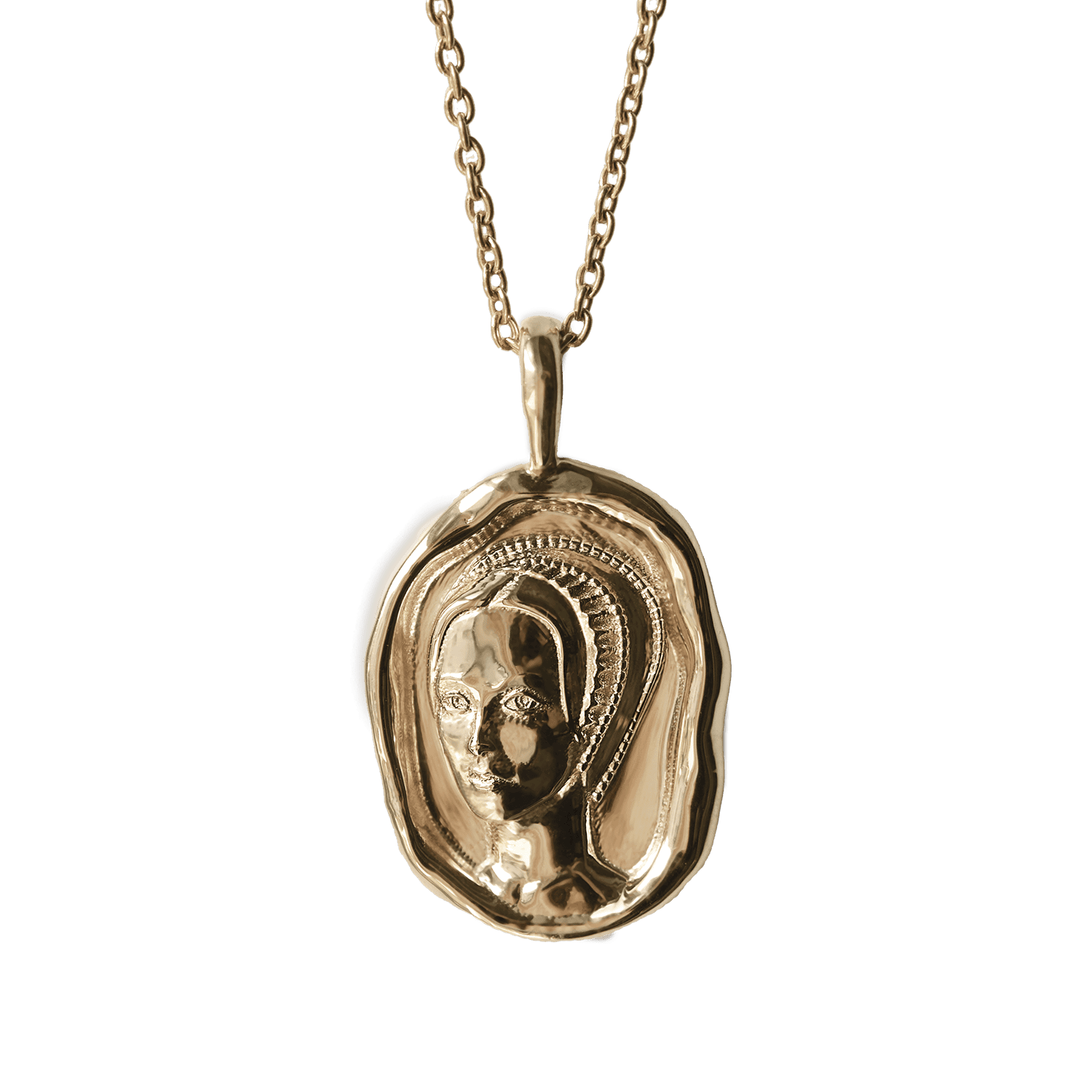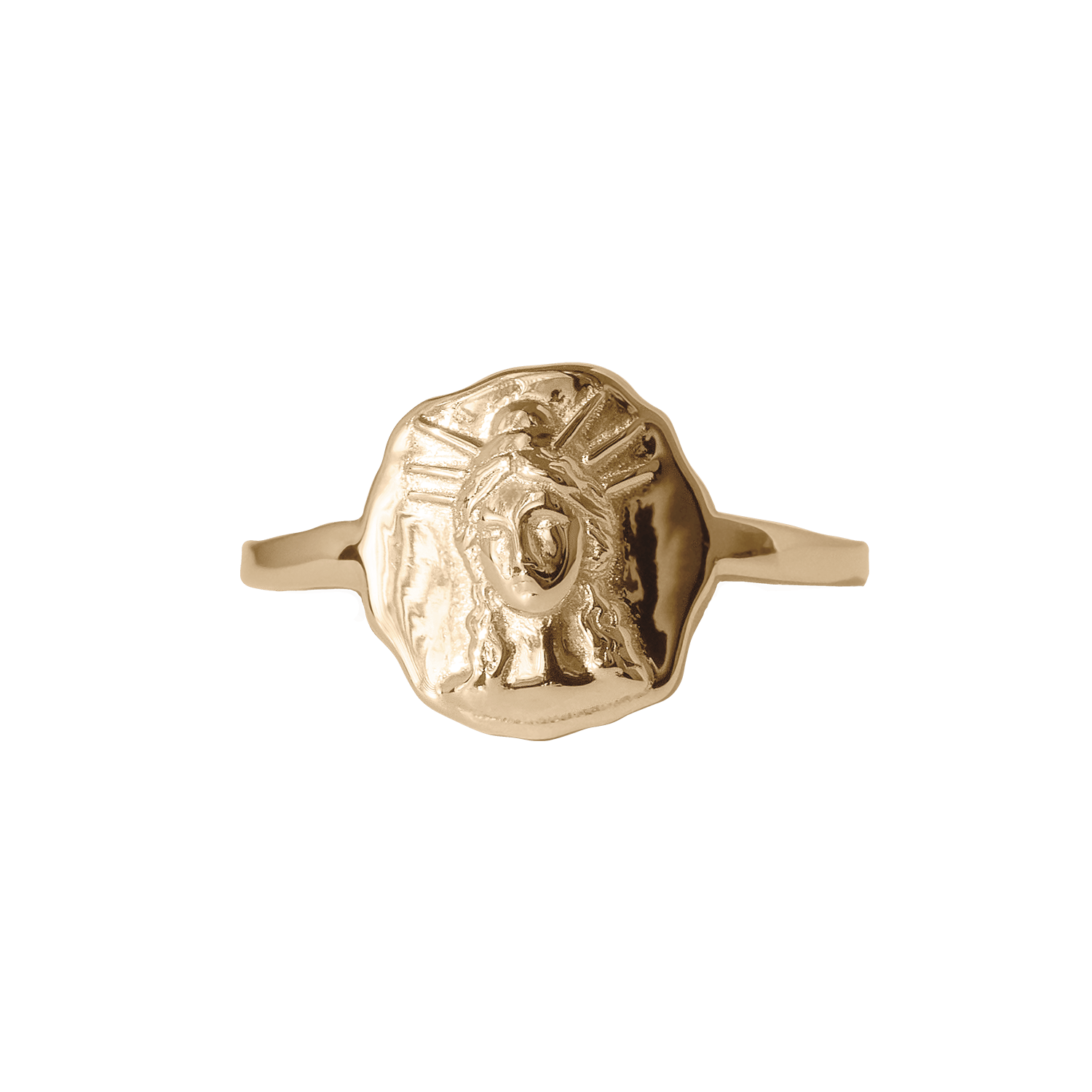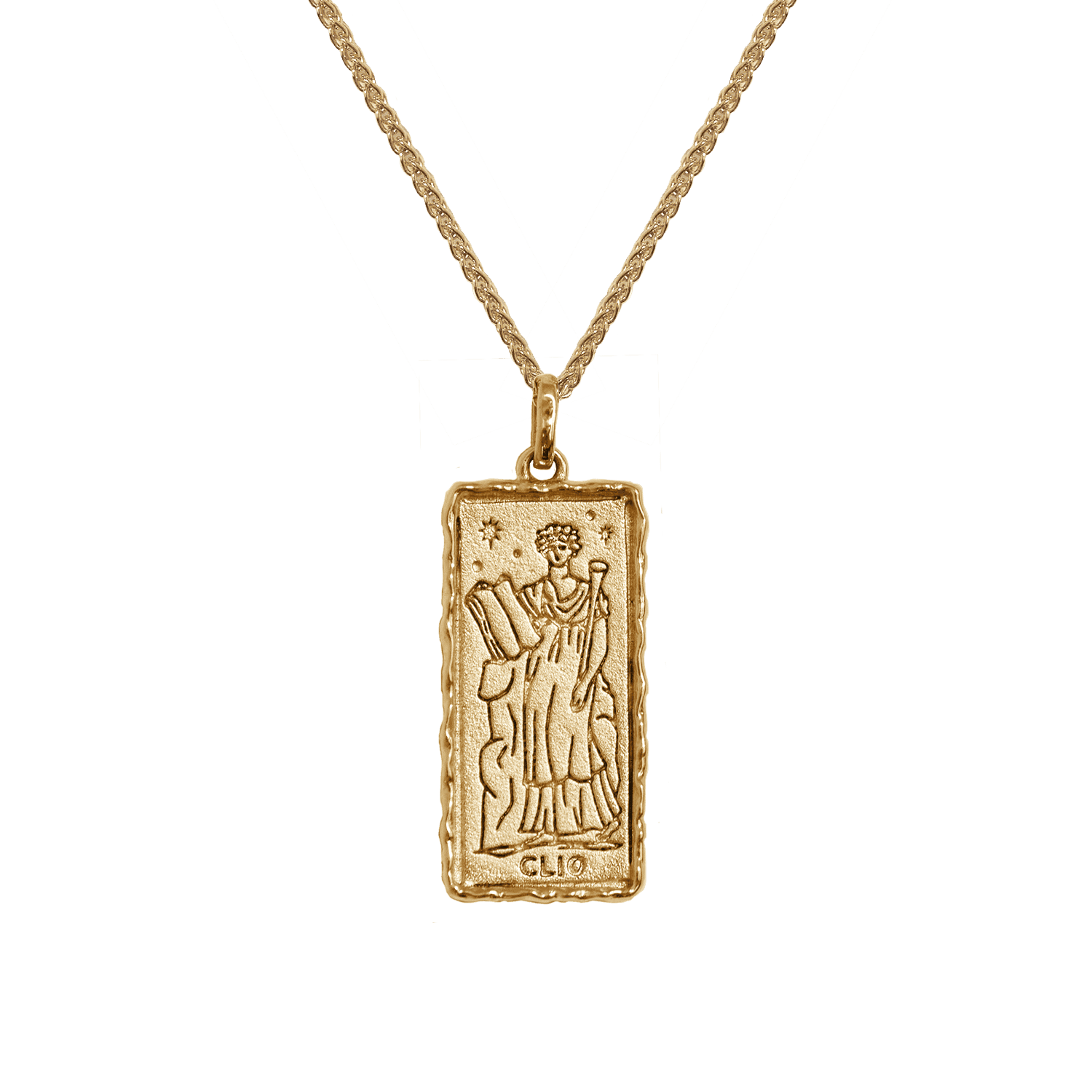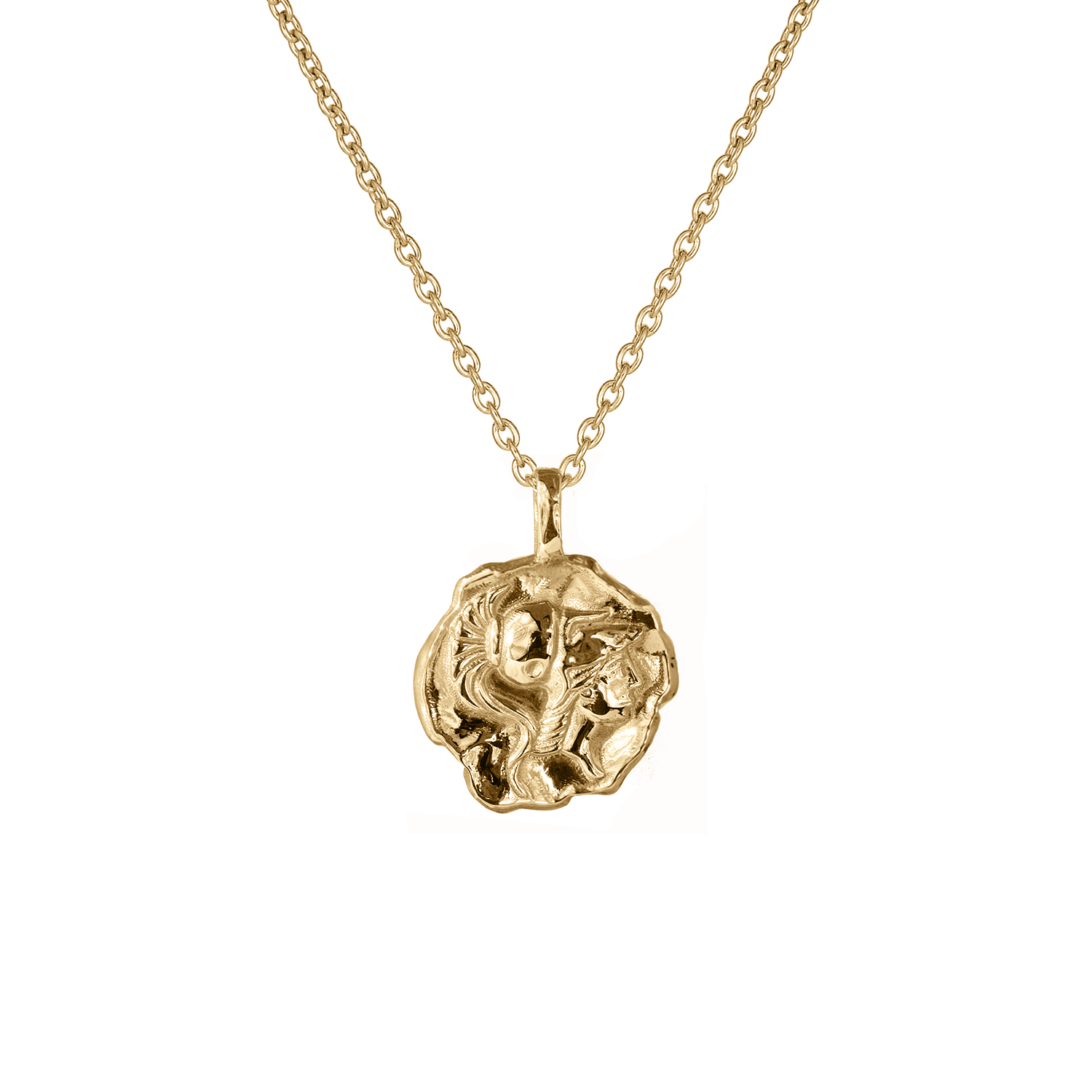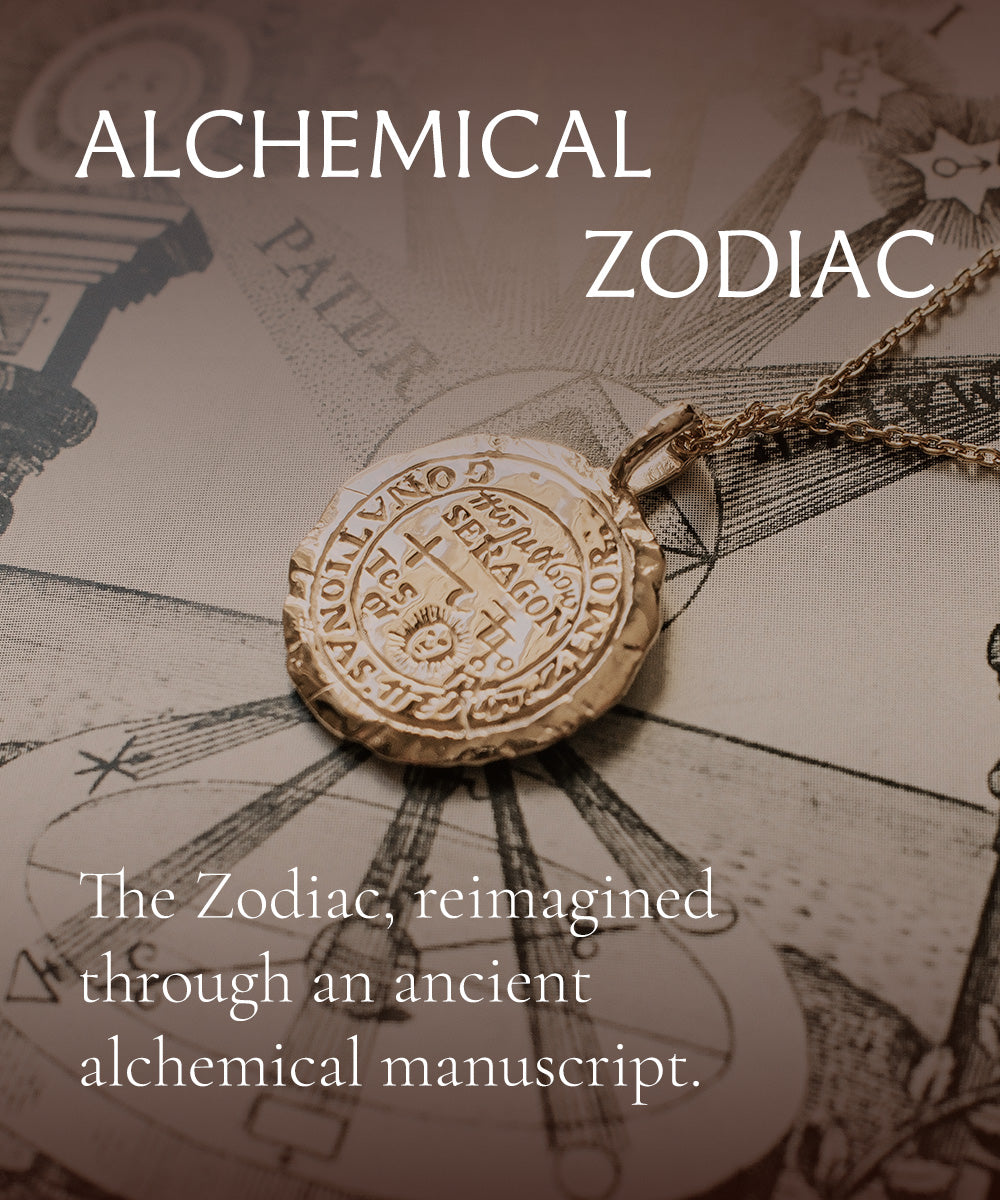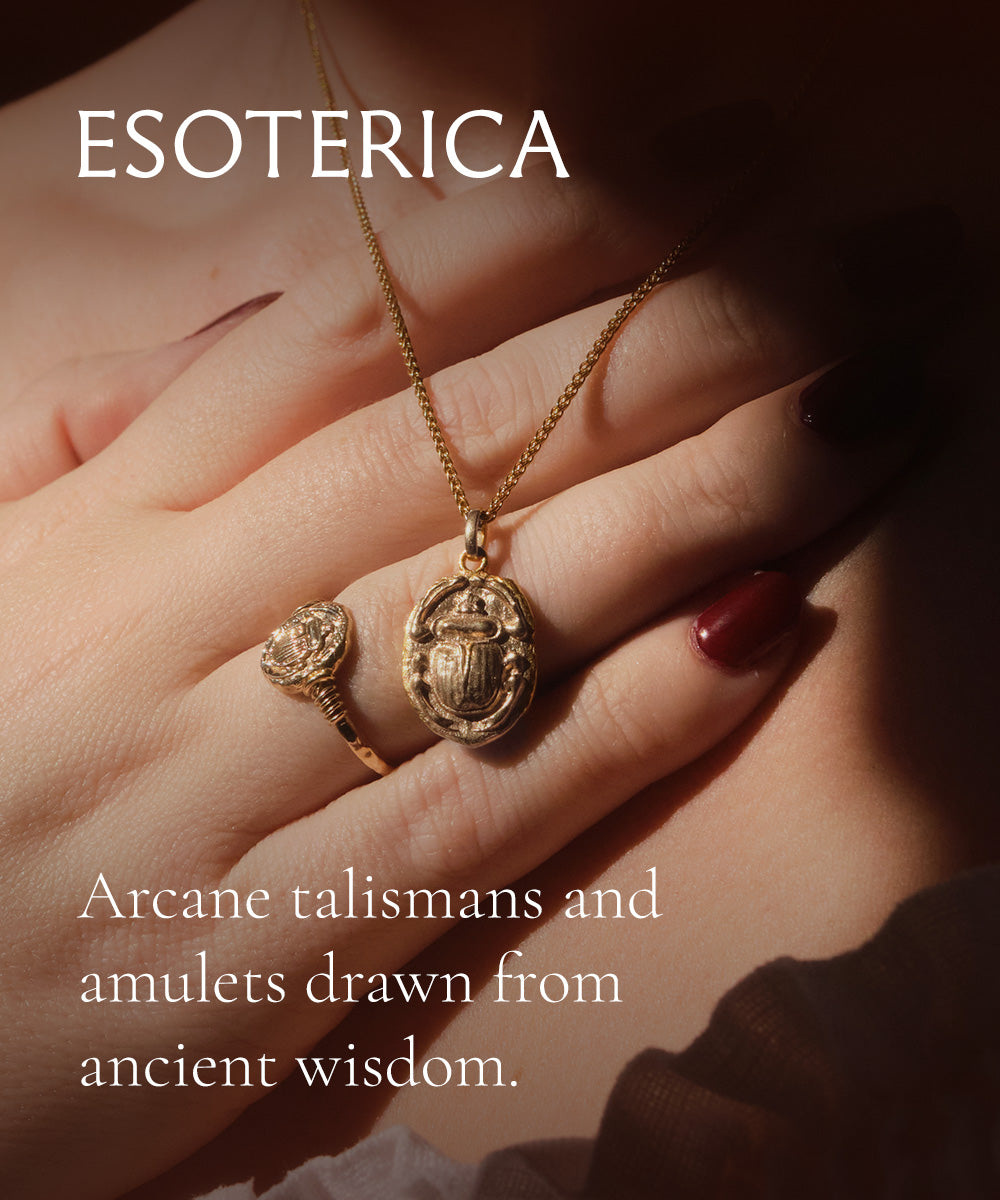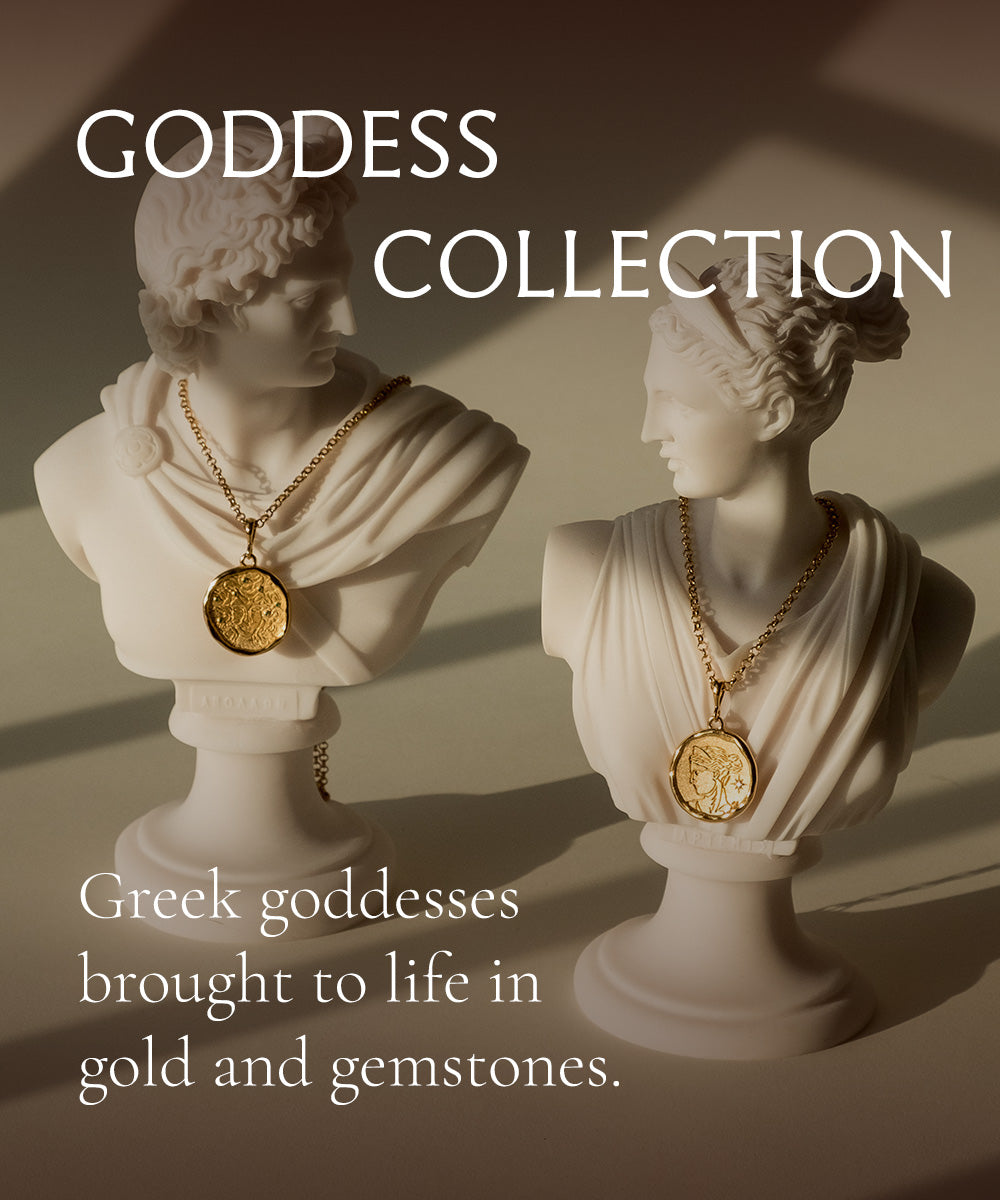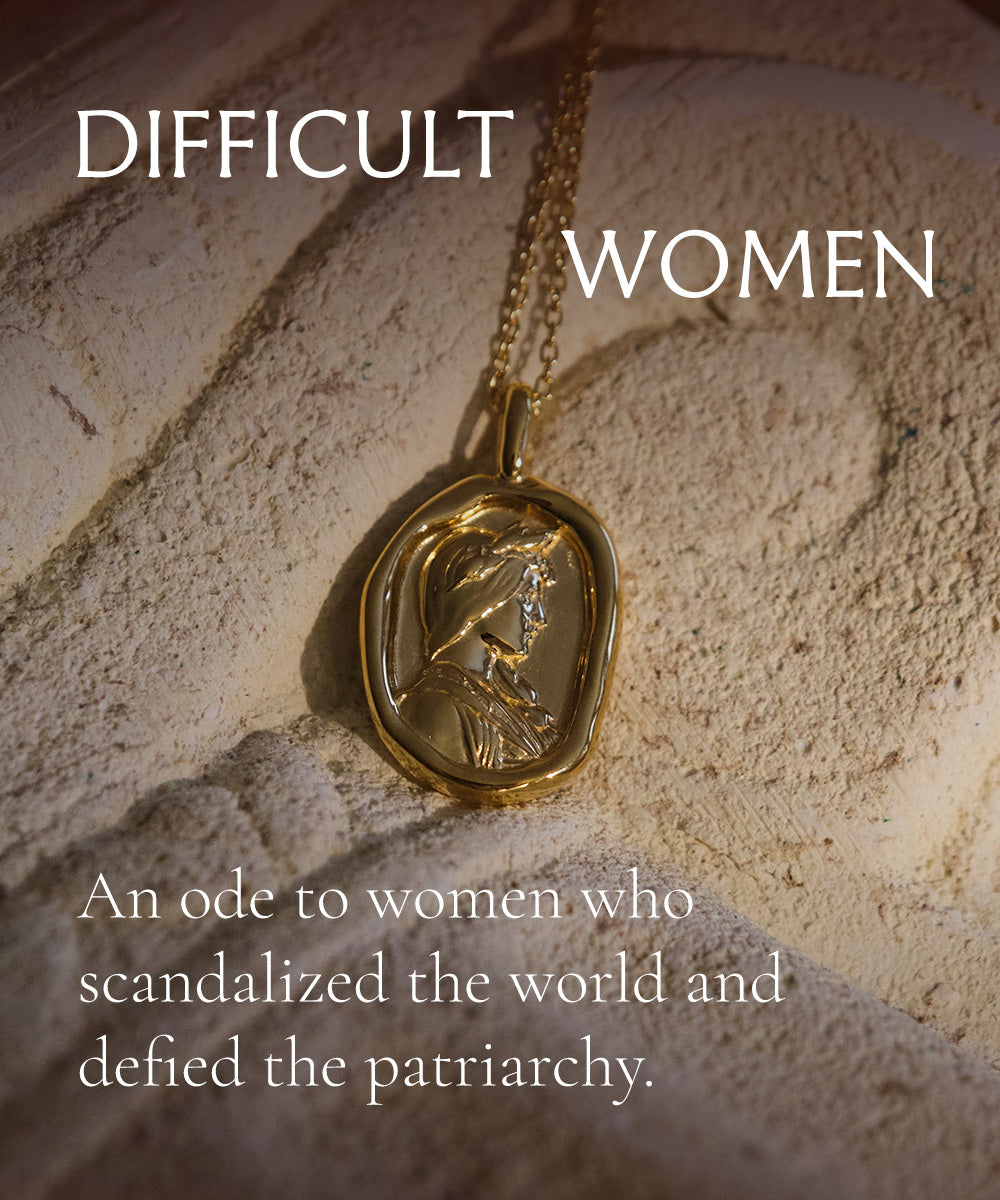It’s always been my belief that young women are naturally drawn to magic. When I was a girl, my friends and I spent our summer afternoons in the woods by the park, collecting daisies, pansies, and sprigs of pine. We would lay them carefully on stones, and then smash them into pulp, muddling and mixing, adding more petals here, some twigs there. Like Circe, the sorceress of Aeaea, many young witches found their first spells in their backyards.
Circe is your goddess if you make magic, grow herbs, and manifest your desires. Look to Circe if you weren’t born into power, but grew it yourself, with patience, hard work and a little bit of your own magic.
One of Circe’s most popular myths is found in Homer’s Odyssey, wherein Circe transforms Odysseus’s men into pigs. Often, she is reduced to just this one story, where she plays the part of the femme fatale, a powerful and beautiful woman that men find intimidating—and, in their fear, try to control. It’s a tale as old as time.
But turning men into pigs was an act of defense, not cruelty. Circe would not suffer the brutality of men who would control her. And though it’s probably not the best way to deal with all of your problems, there is a point in every woman’s life where she really could’ve used powers like that.
“It was not my fault, these animals / who could no longer touch me / through the rinds of their hardening skins…” -Margaret Atwood, “Circe/Mud Poems”
Neither villain nor victim, complex Circe lived as we do, in shades of gray. The witch of Aeaea loved Odysseus, but she certainly wasn’t defined by him. Known for her powerful witchcraft, Circe embodies the magic of nature. She grew herbs and shrubs with medicinal properties: mandrake to protect herself, peony to ease pain, snowdrop and yarrow, poppy and rue. You can still find echoes of Circe’s work today: the licorice root in your skincare serum, or in aspirin, made from willow bark.
Modern witches still follow Circe’s ancient craft. Maybe you’re a green witch on the coast who soothes her sunburnt skin with aloe, or a kitchen witch in the city who plucks basil, sage and rosemary from the windowsill of her studio apartment. Painted by male historians and playwrights as an evil temptress, Circe bears on her shoulders all the injustice that witches have faced for centuries, especially those who practiced traditional medicine for the betterment of mankind.
And she had other hobbies, too. She liked to weave, cared for lions and wolves, and gave great advice (especially if you’re planning a visit to the Underworld). Multi-faceted and intelligent, Circe was a goddess that had to do it all herself, and thus has become a symbol of knowledge and feminine power. When you wear Circe about your neck, manifest her power, and remember that your destiny is yours to control.
